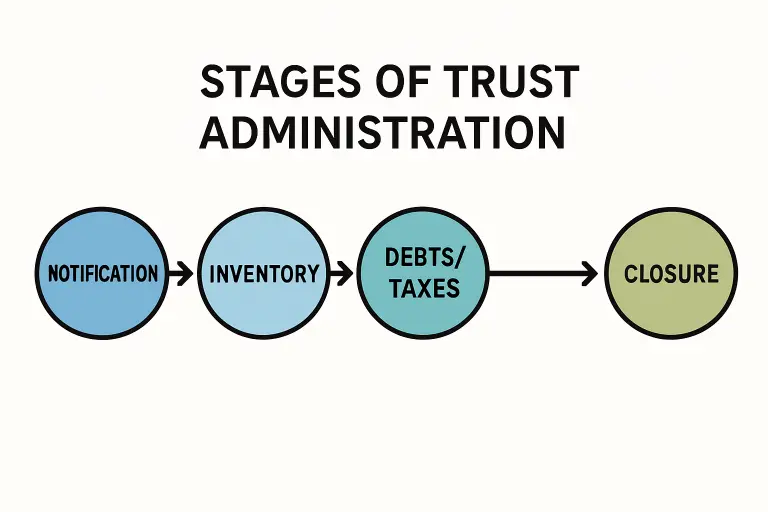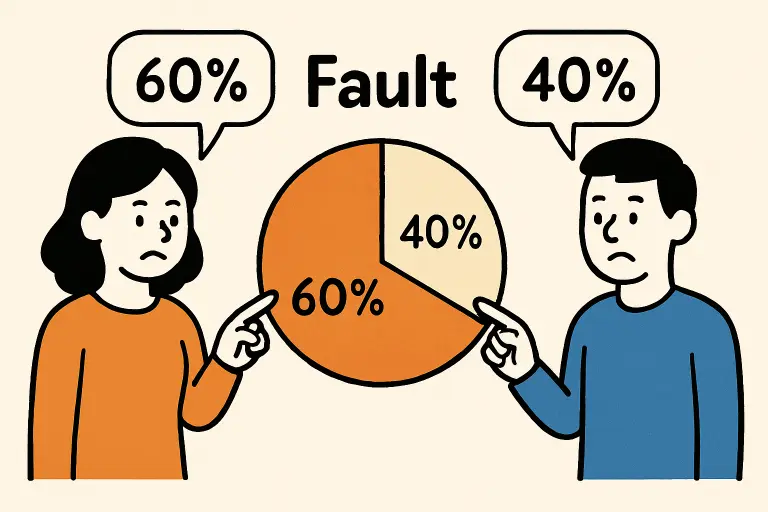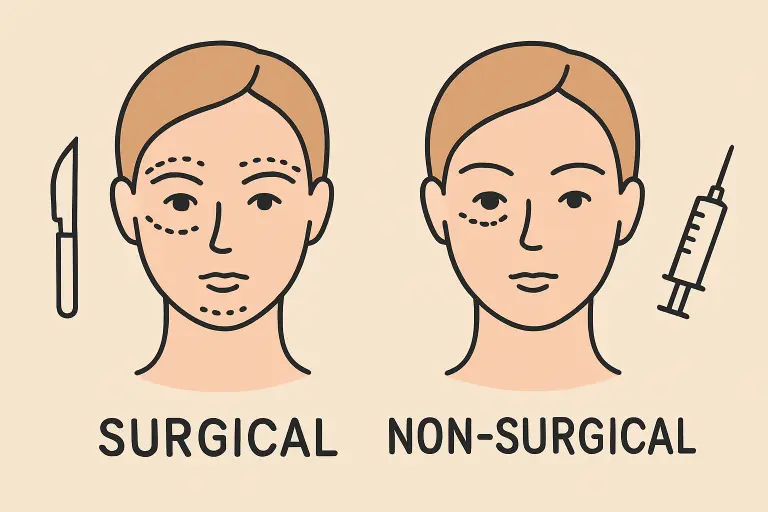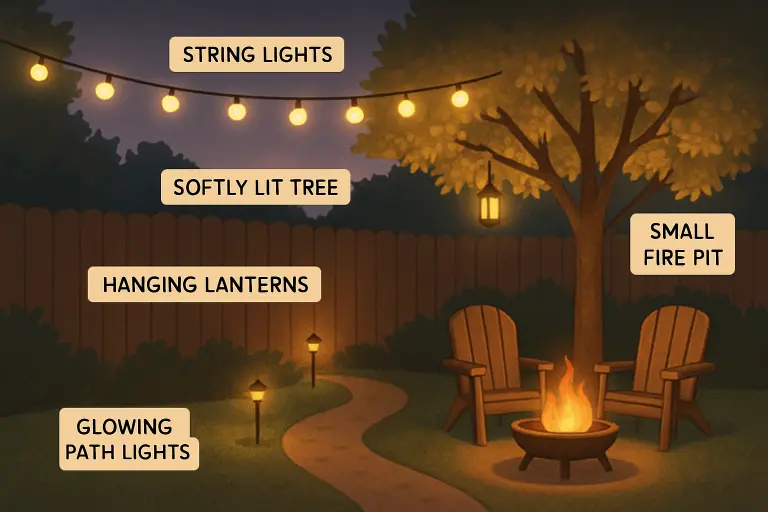Table of Contents
Key Takeaways
- Memory care communities provide structured, supportive environments for seniors with cognitive impairments.
- Personalized care and routine can significantly reduce confusion and anxiety.
- Specialized memory care activities help to stimulate the mind and improve cognitive function.
- Social interactions and community involvement play critical roles in stabilizing mental health.
Introduction
Aging can accompany cognitive challenges, making daily life increasingly difficult for seniors. Confusion and disorientation are common symptoms among individuals with dementia or Alzheimer’s disease. Memory care communities, however, offer tailored environments that help reduce these symptoms while enhancing the quality of life for residents. These communities are designed with specialized care and activities that promote mental clarity and emotional well-being.
Structured Environments
The structured environment of a memory care community is designed to provide stability and reduce confusion. Unlike general senior living facilities, these communities are specifically crafted to meet the needs of those with cognitive impairments. Clear signage, color-coded pathways, and organized layouts help residents easily navigate their surroundings. The architectural design focuses on safety and simplicity, minimizing hazards and distractions that could lead to confusion.
Importance of Routine
Routine care is essential to help seniors feel more grounded and less anxious. Daily schedules for meals, medication, and activities provide a predictable structure that prevents disorientation. Familiarity with daily habits allows seniors to anticipate what comes next, reducing the likelihood of confusion. Furthermore, consistent routines also aid caregivers in delivering timely and organized care, enhancing the overall well-being of residents.
Personalized Care
Personalized care is another cornerstone of memory care communities. By understanding each resident’s history, preferences, and needs, caregivers can provide individualized support that aligns with their unique cognitive conditions. This personal attention helps build trust and makes residents feel more comfortable and understood, significantly reducing confusion.
Personalized Activities
Residents benefit from personalized activities tailored to their cognitive levels and interests. Whether it’s music therapy, art projects, or physical exercise, engaging in familiar and enjoyable activities provides mental stimulation. These activities offer multiple benefits, from improving memory and problem-solving skills to fostering emotional connections with others.
Cognitive Stimulation
Memory care communities incorporate various cognitive stimulation activities to maintain and improve brain function. Puzzles, word games, and memory recall exercises keep the mind sharp and engaged. Regular mental stimulation can slow down the progression of cognitive decline, making it easier for seniors to remain oriented and attentive.
Therapeutic Techniques
Various therapeutic techniques, such as reminiscence therapy and cognitive-behavioral approaches, are also employed to help residents manage confusion and anxiety. Reminiscence therapy encourages seniors to recall and share memories, strengthening their long-term memory and providing emotional comfort. Cognitive-behavioral techniques can help residents develop coping strategies to deal with moments of confusion and anxiety more effectively.
Social Interaction
Social interaction is vital to reducing confusion and improving mental health. Memory care communities offer numerous opportunities for residents to engage with each other, participate in group activities, and build friendships. Socialization helps maintain cognitive skills, improve mood, and reduce feelings of isolation and depression, all of which contribute to reducing confusion.
Group Activities
Group activities such as exercise classes, music sessions, and communal dining create community and belonging. These activities provide entertainment and stimulate conversations and human connections, essential for mental health. In community life, residents experience a sense of normalcy and purpose that significantly diminishes confusion.
Safe and Supportive Environment
Creating a secure and encouraging environment is essential to reduce confusion in seniors. Memory care facilities are staffed by professionals with specialized training who know the particular difficulties people with cognitive impairments face. Employees are adept at calming down heated situations, offering residents emotional support, and attending to their needs. Continuous supervision and assistance ensure that residents are always safe, giving families peace of mind.
Emergency Preparedness
Memory care communities are also prepared for emergencies, with protocols for quick response to any sudden health issues or accidents. Emergency preparedness plans and staff training ensure that residents receive immediate and appropriate care in critical situations. This level of preparedness contributes to a stable and secure environment where seniors can live with less stress and confusion.
Conclusion
Memory care communities are essential in reducing confusion and enhancing the quality of life for seniors with cognitive impairments. Through structured environments, personalized and routine care, mental stimulation, and social interaction, these communities provide the support and stability that residents need. By focusing on individualized care and creating a safe, engaging environment, memory care communities offer a compassionate solution for seniors and their families, helping them navigate the challenges of cognitive decline with dignity and grace.































































































































































































































































































































































































































































































































































































































































































































































































































































































































































































































































































































































































































































0